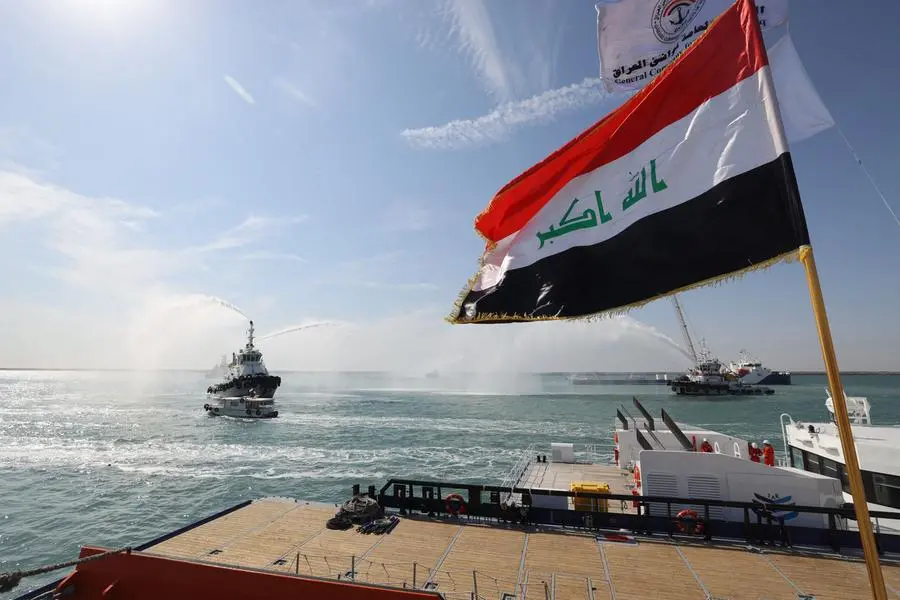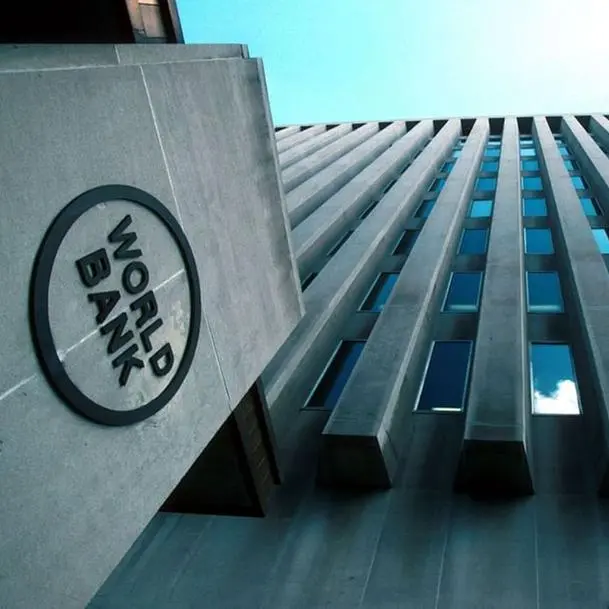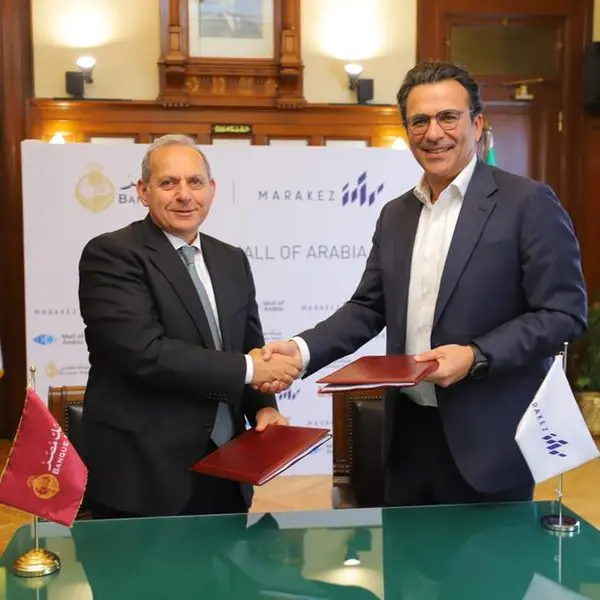PHOTO
The Iraqi government has adopted a comprehensive strategy that includes developmental funding, sovereign guarantees for industrial projects, and banking reforms to integrate the national economy into global markets, the financial advisor to the Iraqi Prime Minister said.
Mudher Mohammed Saleh told Zawya Projects that as part of the government’s commitment to a developmental partnership with the private sector, it has granted sovereign guarantees to private industrial enterprises. This allows them to secure international loans, especially from the EU and Japan, to finance large-scale projects across sectors such pharmaceuticals, petrochemicals, refining, information technology as well as infrastructure and manufacturing linked to the multi-billion-dollar Development Road initiative. The agricultural sector has also been prioritised to ensure food security through strategic crop production.
Boosting private sector contribution
Saleh underlined that the government is intensifying efforts to strengthen the private sector, aiming to boost its contribution to the country’s GDP from the current 37 percent to over 54 percent in the coming years. Two major initiatives—the Iraq Development Fund and Riada Bank, a mixed-sector bank established by the Central Bank of Iraq—are expected to drive private sector growth, providing developmental funding and investment opportunities.
The government has engaged two global firms, Ernst & Young (EY) and Oliver Wyman, to lead a comprehensive review of the banking sector.
“The goal is to enhance the efficiency of the banking sector, align it with international standards, boost transparency, and reintegrate Iraqi banks into the global financial system,” Saleh said.
Oliver Wyman, under a contract with the Central Bank of Iraq, will assess the banking sector, including entities currently prohibited from transacting in U.S. dollars. EY will work with the Ministry of Finance to analyse financial data, aligning reforms with the government’s broader economic agenda.
Saleh said the government is working toward establishing a banking system rooted in competitive market principles.
Modernising public sector banks
The government is also focused on modernising Iraq’s public banking sector, which dominates 88 percent of the country’s banking activity. This includes separating state financial operations from market development activities to improve efficiency and foster competitiveness.
“We anticipate the creation of a government-owned banking apparatus based on competitive market principles, providing banking services, achieving financial inclusion—both physical and digital—and aligning with the digital payment policies that our country has been strongly advancing for over a year,” he said.
The government is encouraging voluntary mergers among private banks, particularly those with international partners, to enhance governance, compliance, and competitiveness.
“The reforms are tailored to meet the national economy’s needs for credit, investment, and development while ensuring the integration of Iraq’s banking system into global markets,” he said, adding that the entire process is being closely monitored by Prime Minister Mohammed Shia’ Al-Sudani.
(Reporting by Majda Muhsen; Editing by Anoop Menon)
(anoop.menon@lseg.com)
Subscribe to our Projects' PULSE newsletter that brings you trustworthy news, updates and insights on project activities, developments, and partnerships across sectors in the Middle East and Africa.





















